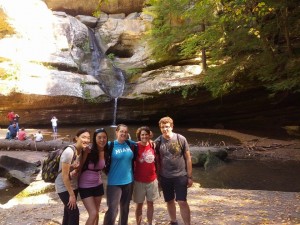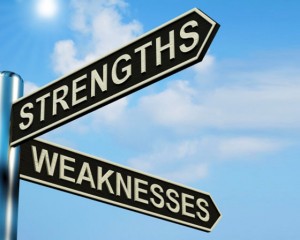
Throughout my medical school training I’ve worked consistently to build up my knowledge base while also learning how to provide great patient care. My sub-internship rotation in general medicine felt like the culmination of all the learning and training I had done throughout my first three years of medical school. I was able to manage patients efficiently, give detailed clear presentations, answer calls or speak with consultants and even find time to attend lectures and check on patients at the end of the day. This was one of the most challenging rotations I’ve had but also the most rewarding and I felt like a true member of the team. This rotation really solidified my interest in internal medicine.
Overall this rotation fulfilled the objective of medical knowledge by practicing patient care daily with pre-rounds where I assessed the patient, reviewed vitals and results while continuing to think about diagnoses and treatment options. I also learned about the social aspect of medical knowledge that involves factoring in patient sleeping and meal times as well as nursing shifts when determining when to administer medications for patients. Finally, I learned how to juggle multiple patients and problems while staying calm and collected!
I have no doubt this competency will be further developed during my residency. 🙂





